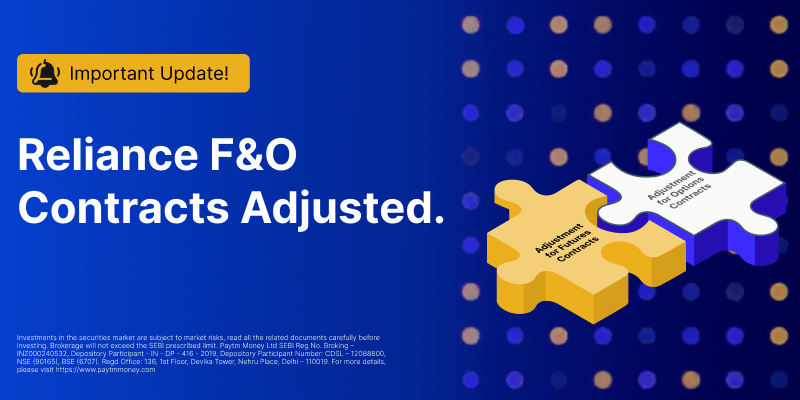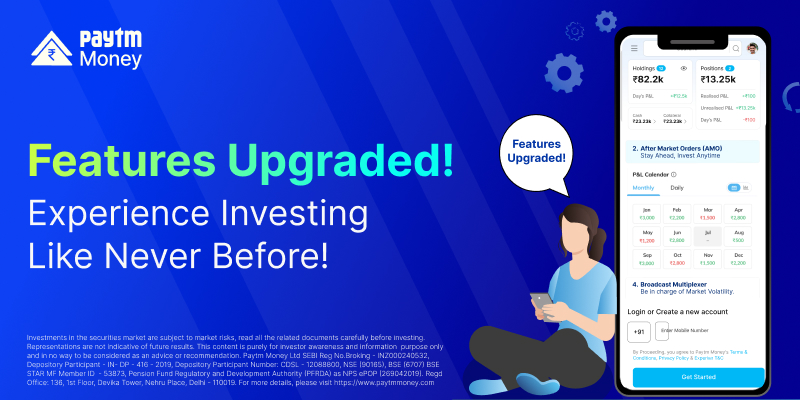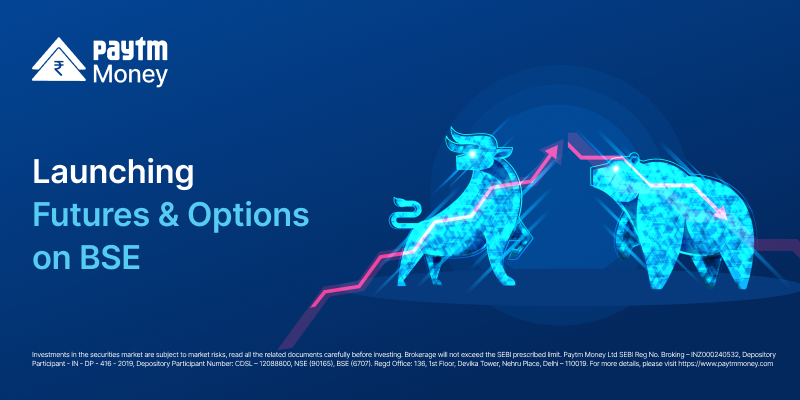What Is A Bull Call Spread?4 min read
The bull call spread is a two-leg spread strategy traditionally involving 2 calls, one with a lower strike price and the other with a higher strike price. It uses two call options to create a range consisting of a lower strike price and an upper strike price.
Why Is It Used?
The motive of a bull call spread is to profit from a gradual price rise in the stock price.
Mechanism
A bull call spread consists of two call options with the same expiration date and underlying stock. The two call options consist of a long call and a short call. The long call has the smaller strike price and the short call has the higher strike price. There is a net cost associated with the bull call spread and the profit rises as the stock price rises. The profit and loss are both limited by the higher strike price and the lower strike price respectively.
Maximum Profit
The maximum profit is limited to the difference between the two strike prices minus the cost of the bull call spread including brokerage and other expenses. Let us assume that the underlying is a stock called X. The bull call spread strategy buys a call on X with strike 50 at a price of Rs. 3 and sells a call on X with strike 55 at a price of Rs. 1. This means that the net cost of the bull call spread is Rs. 2 (3-1=2).
So, the maximum profit is = Rs. (55-50)-2 = Rs. 3 per share minus brokerage and other expenses
The maximum profit is realized if the stock price is above the strike price of short call option at expiration.
Maximum Loss
Maximum loss is equal to the cost of the spread plus any brokerage and other expenses. This happens when the stock price at expiration is below the strike price of the long call.
Max loss from above example= Rs. 3 – Rs. 1 = Rs. 2 plus any brokerage and other expenses
Scope of the Bull Call Spread Strategy
Bull call spreads have limited upside potential but at the same time they cost less than buying only the lower strike price call. Bull call spreads make money from the rising stock price and decaying time premium of the short call option. This is the strategy to be used when you expect the stock price to gradually rise up to the strike price of the short call.
What Happens When Stock Price Changes?
The strategy has a net positive delta because the price of bull call spread rises when the stock price rises and falls when the stock price falls. Since a bull call spread consists of one long call and one short call, the net delta changes very little as the stock price changes and the time to expiration is also unchanged. This essentially means that the strategy has a near zero gamma.
What Happens When Volatility Changes?
Volatility is a measure of how much the stock price deviates from it’s mean. Option prices rise with volatility if the other relevant factors remain constant. Since a bull call spread consists of a long call and a short call, the price of a bull call spread changes very little when volatility changes. The strategy approximately has a near zero vega.
What Happens As Time Passes By?
As a bull call spread consists of one short call and one long call, the sensitivity to time decay depends on the relationship of the stock price to the strike prices of the bull call spread.
- If the stock price is close to or below the strike price of the long call, then the price of the bull call spread decreases with passing time. It is because the long call is closest to the money and decreases in value faster than the short call.
- If the stock price is close to or above the strike price of the short call, then the price of the bull call spread increases with passing time. It is because the short call is now closer to the money and decreases in value faster than the long call.
- If the stock price is between the strike prices, then time erosion has little effect on the price of a bull call spread, because both the long call and the short call decay at approximately the same rate.
Positions at Expiration
The stock price at expiration can be as follows:
- At or below the long call strike price – Both calls of the bull call spread expire worthless and no stock position is created.
- Above the long call strike price but below the short call strike price – The long call is exercised and a long stock position is created.
- Above the short call strike price – Stock is purchased at the long call strike price and sold at the short call strike price and no stock position is created.
Disclaimer –
This content is purely for information and investor awareness purpose only and in no way an advice or recommendation. You should independently research and verify the information you find on our website/application. Investment in securities market are subject to market risks, read all the related documents carefully before investing. Paytm Money Ltd SEBI Reg No. Broking – INZ000240532. NSE (90165), BSE(6707) Regd Office: 136, 1st Floor, Devika Tower, Nehru Place, Delhi – 110019




